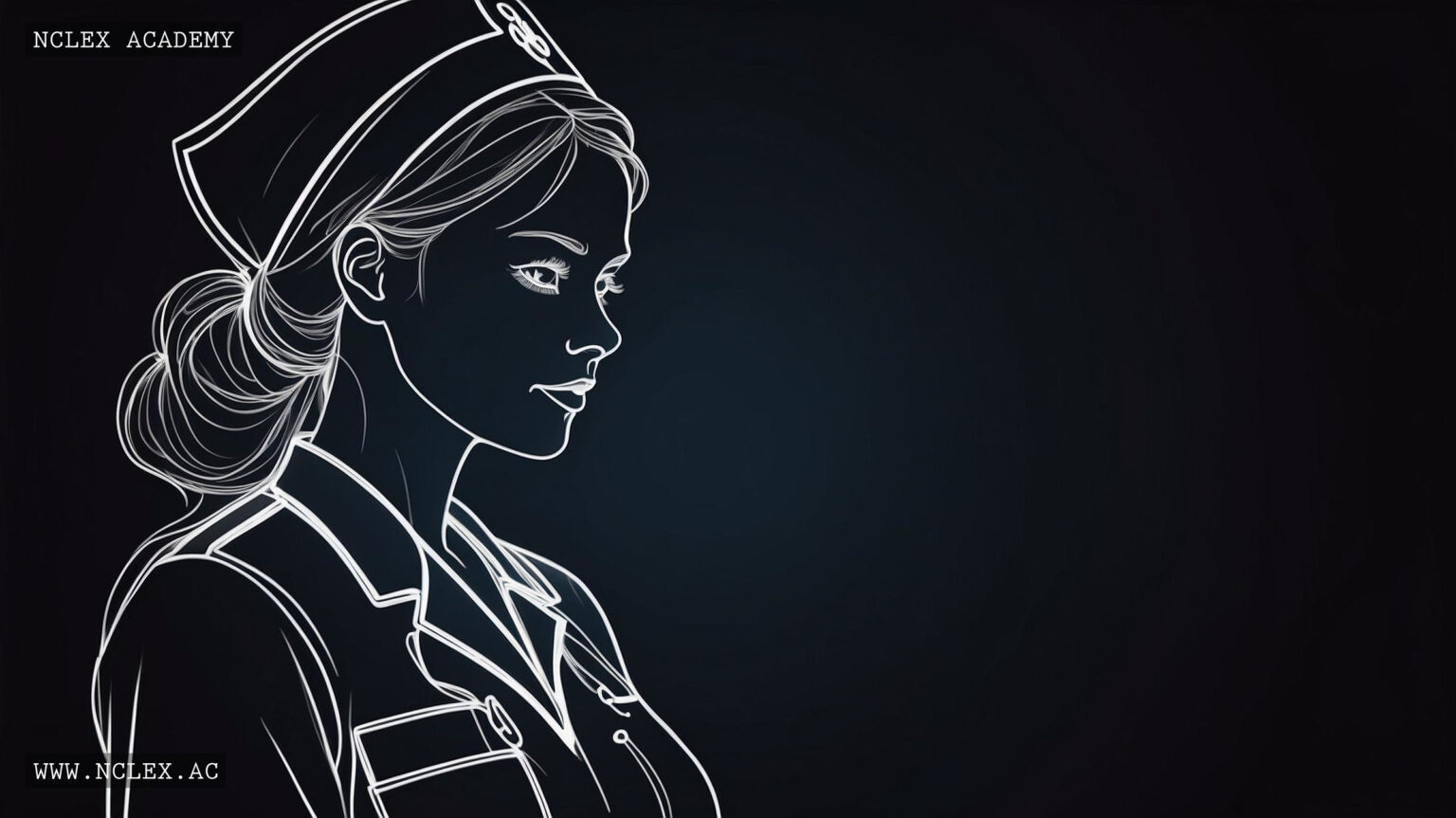The completion of the NCLEX exam is a landmark moment for every aspiring nurse, signifying the transition from student to professional. This crucial step, however, is not the end of the educational journey. As healthcare continues to evolve rapidly, post-NCLEX education is essential to ensure that nurses remain at the forefront of the field, providing the best possible care for their patients. Looking ahead, we can predict several education trends that are likely to shape nursing in the years to come. Here are seven post-NCLEX education trends projected to dominate as continuous learning becomes an integral part of a nurse’s professional development.
1. Emphasis on Specialization and Advanced Certifications
With the complexity of healthcare needs growing, there is a shift towards specialization in nursing. Nurses are increasingly seeking advanced certifications in areas such as gerontology, pediatrics, oncology, and critical care. These certifications not only enhance a nurse’s skill set but also improve employability and potential for career advancement. Pursuing specializations empowers nurses to provide targeted care and meet the specific needs of diverse patient populations. Accredited certification programs, often available as online courses, enable flexible learning to fit a nurse’s busy schedule.
2. Rise of Simulation-Based Learning
Faced with the challenge of preparing nurses for real-life medical scenarios, educational institutions are turning to simulation-based learning. This trend involves the use of high-fidelity mannequins and virtual reality to mimic patient care experiences. Through simulation, nurses can gain valuable hands-on experience, improving critical thinking and decision-making skills in a controlled environment. These methods have proven to be highly effective in bridging the gap between theory and practice, aiding in the transition from academia to clinical settings.
3. Integration of Health Informatics
The integration of health informatics into post-NCLEX education reflects the digitization of the healthcare system. Nurses are expected to understand and utilize electronic health records (EHRs), patient monitoring systems, and telehealth services. Health informatics training will empower nurses to analyze patient data, optimize care plans, and participate in interdisciplinary teams for enhancing patient outcomes. As technology continues to advance, ongoing education in health informatics will become increasingly crucial.
4. Focus on Interprofessional Education
To promote collaborative and patient-centered care, interprofessional education (IPE) is taking center stage. This approach involves coordinated instruction amongst different healthcare disciplines, fostering teamwork and communication that reflects actual clinical environments. Nurses are being prepared to work seamlessly with doctors, pharmacists, social workers, and other health professionals. IPE aims at enhancing the quality of patient care by emphasizing collective competence over individual skill sets.
5. Continued Emphasis on Cultural Competence
As the patient population becomes more diverse, there is a critical need for nurses to deliver culturally competent care. Post-NCLEX education will continue to stress the importance of understanding and respecting varied cultural beliefs, values, and practices. Comprehensive cultural competence training includes linguistic abilities, awareness of health disparities, and the sensitivity to deliver inclusive care. This ensures that nurses are equipped to effectively communicate and cater to the complexities of a changing demographic.
6. Augmented Reality (AR) and Virtual Reality (VR) in Continuing Education
Augmented reality (AR) and virtual reality (VR) technologies are revolutionizing nursing education by offering immersive learning experiences. These technologies are excellent for providing a glimpse into complex procedures or for preparing nurses for emergency situations they may otherwise not encounter frequently. The interactive experiences gained through AR and VR will likely form a significant component of post-NCLEX curricula, appealing to the visual and experiential learning styles of many nurses.
7. Leadership and Management Training
Leadership and management skills are increasingly recognized as vital components of nursing roles. Fostering these skills is anticipated to become a significant trend in post-NCLEX education. This training covers aspects such as team leadership, conflict resolution, resource management, and organizational skills. By cultivating these qualities, nurses can take on roles that involve directing teams, managing units, or even administering entire healthcare facilities. This trend acknowledges that nurses are often the linchpins of healthcare delivery and need the skill set to match this responsibility.
As healthcare evolves, so too must the education of those who deliver it. The post-NCLEX educational landscape is adapting to prepare nurses not only for the challenges of today’s healthcare environment but for the innovations of tomorrow. These seven trends represent the forefront of a dynamic field that values continuous learning as essential to quality care and professional growth. By embracing these trends, the nursing community can ensure its readiness to meet the ever-changing demands of the healthcare industry.
NCLEX Academy
NCLEX Academy is a leading online platform dedicated to helping nursing students succeed in their NCLEX exams. With expert-led courses, printable exam prep materials, and personalized study plans, NCLEX Academy offers comprehensive resources to boost confidence and performance. The site also covers a wide range of interesting nursing topics, making it a must-visit for all nurses looking to expand their knowledge and skills. Join thousands of students and nurses who have achieved their dream of becoming licensed professionals with NCLEX Academy.
NCLEX Academy Official Website
